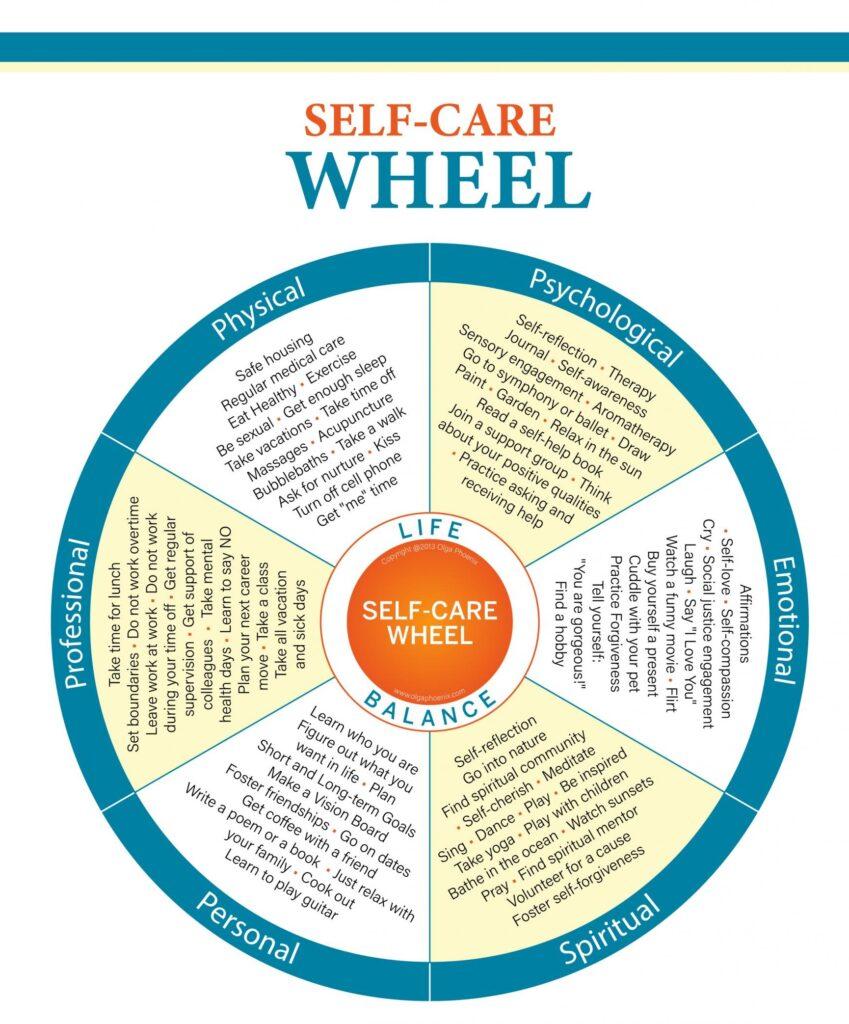
In a world filled with quick but ultimately unsuccessful dieting solutions, the concept of mindful eating arises as a refreshing and effective approach to reaching and maintaining our ideal weight. Mindful eating is more than just a trend; it’s a holistic lifestyle shift that encourages us to savor each bite, reconnect with our bodies, and build a healthier relationship with food. In this blog post, we’ll explore the principles of mindful eating and how they can contribute to successful weight management.
Understanding Mindful Eating
At its core, mindful eating is about paying full attention to the present moment during meals. It involves engaging all the senses, appreciating the flavors, textures, and aromas of food, and being aware of the body’s hunger and fullness cues. This practice encourages a non-judgmental awareness of your thoughts and feelings about food, helping you make conscious choices that support overall well-being.
The Mindful Eating Experience
Engage the Senses
Begin your mindful eating journey by engaging your senses. Take a moment to appreciate the colors, smells, and textures of your food. Notice the sensation as you pick up your fork, the temperature of the food, and the various flavors that unfold with each bite. By immersing yourself in the sensory experience, you’ll enhance your appreciation for the nourishment your meal provides.
Savor Each Bite
Resist the urge to rush through your meals. Instead, savor each bite, allowing the flavors to unfold gradually. Put your fork down between bites, chew slowly, and take in the richness of the experience. By prolonging the act of eating, you give your body the time it needs to register fullness, preventing overeating.
Eat Without Distractions
In a world dominated by screens and constant connectivity, it’s common to eat while watching TV, scrolling through social media, or working. However, mindful eating encourages you to eliminate distractions during meals. Turn off electronic devices, sit at a designated eating space, and focus solely on the act of nourishing your body. This not only enhances your enjoyment of food but also helps prevent mindless overeating.
Listen to Your Body
Your body is equipped with a sophisticated system of hunger and fullness cues. Mindful eating encourages you to tune in and listen to these signals. Before reaching for seconds, pause and assess your level of hunger. Similarly, recognize when you’re comfortably full and stop eating. Over time, this heightened awareness can lead to a more intuitive and balanced approach to eating.
The Connection Between Mindful Eating and Weight Management
Preventing Emotional Eating
Mindful eating promotes an awareness of emotional triggers that may lead to overeating. Instead of turning to food as a way to cope with stress or boredom, individuals practicing mindful eating are encouraged to address their emotions directly. This shift in behavior can significantly contribute to weight management by reducing the reliance on food as a source of comfort.
Portion Control
By savoring each bite and paying attention to hunger and fullness cues, mindful eaters naturally become more attuned to appropriate portion sizes. This increased awareness can prevent the habit of mindless overeating, supporting weight management goals.
Improved Digestion
Eating mindfully also has positive effects on digestion. When we rush through meals or eat under stress, our bodies may struggle to digest food efficiently. Mindful eating encourages a relaxed, focused state during meals, enhancing digestion and nutrient absorption.
Building a Healthy Relationship with Food
Mindful eating fosters a positive and balanced relationship with food. Instead of viewing certain foods as “good” or “bad,” individuals learn to appreciate the nourishing qualities of the food they consume. This mindset shift can lead to a more sustainable and enjoyable approach to eating, reducing the likelihood of restrictive diets or binge-eating cycles.
Practical Tips for Incorporating Mindful Eating into Your Routine
Start Small
Begin by incorporating mindful eating into one meal or snack each day. Gradually, you can expand this practice to other meals as you become more comfortable with the process.
Mindful Meal Prep
Take the time to plan and prepare your meals mindfully. Engage with the ingredients, savor the cooking process, and create a peaceful environment for eating.
Use All Your Senses
As mentioned earlier, involve all your senses while eating. Appreciate the visual appeal, aroma, and texture of your food to fully immerse yourself in the experience.
Practice Gratitude
Before your meal, take a moment to express gratitude for the nourishment in front of you. This simple act can enhance the mindfulness of the eating experience.
Eat with Awareness
Turn off electronic devices, sit down at a table, and focus on your meal. Avoid multitasking to fully engage in the act of eating.
Conclusion
In a society that often prioritizes speed and convenience, mindful eating emerges as a powerful tool for those seeking effective weight management and overall well-being. By embracing the principles of mindful eating, savoring each bite, listening to your body’s cues, and cultivating a positive relationship with food, you can embark on a journey towards a healthier, more balanced lifestyle. Make the commitment to be present at your next meal, and witness the transformative impact of mindful eating on your weight management goals.




